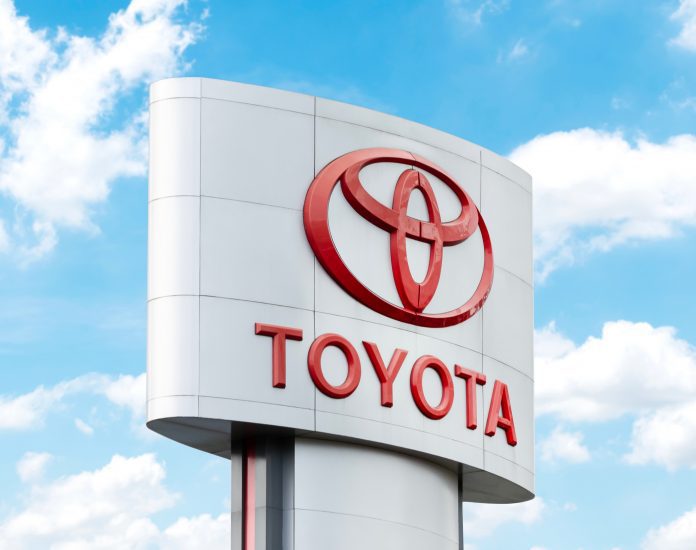Japan has announced a notable $2.4 billion subsidy package to enhance its electric vehicle (EV) battery production capabilities, backing major projects by industry leaders Toyota, Nissan, and Panasonic. This move aims to strengthen Japan’s battery supply chain and increase competitiveness as the global shift toward electrification intensifies.
The government will fund 12 projects related to storage batteries, parts, materials, and production equipment, according to Minister of Economy, Trade and Industry Ken Saito. The goal is to increase Japan’s annual battery production capacity by 50%, from 80 gigawatt-hours (GWh) to 120 GWh, bolstering the country’s role in the EV sector.
Among the beneficiaries of the subsidies is Toyota, which plans to invest around 245 billion yen through its battery subsidiaries, Prime Planet Energy & Solutions and Primearth EV Energy. The investment will increase production capacity for solid-state and prismatic batteries by 9 GWh. Toyota expects to start supplying these batteries by November 2026, with new battery plants in Hyogo and Fukuoka prefectures.
Additionally, Nissan will also receive government support to produce lithium-iron-phosphate (LFP) batteries, aiming for a domestic production capacity of 5 GWh per year by 2028. These batteries will be used in mini-vehicles, and the automaker will receive up to 55.5 billion yen in subsidies to help fund the project.
Panasonic, a key supplier for Tesla, is joining forces with Subaru to establish a new plant in Gunma that will produce cylindrical lithium-ion batteries. The partnership aims for 16 GWh of production capacity by 2030, with operations starting in 2028. In addition, Panasonic will begin supplying Subaru with batteries from a plant in Osaka by 2027. The total investment for these projects is estimated at 463 billion yen.
The Japanese government has been steadily increasing its support for battery production, following a previous subsidy package of nearly $1 billion in June 2023. With these new investments, Japan aims to strengthen its EV battery industry, reduce reliance on foreign suppliers, and solidify its position as a major player in the global electric vehicle market.







